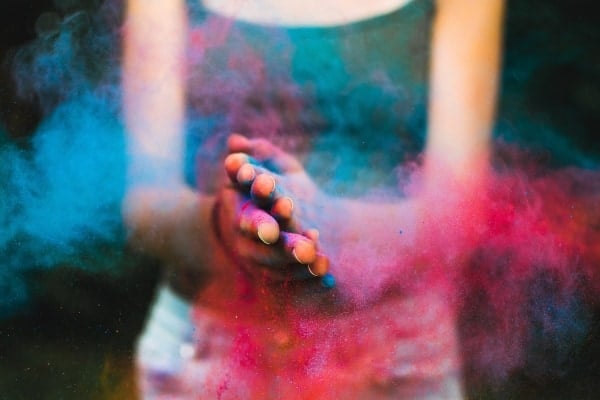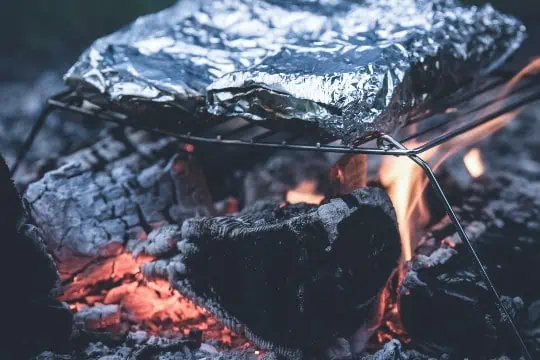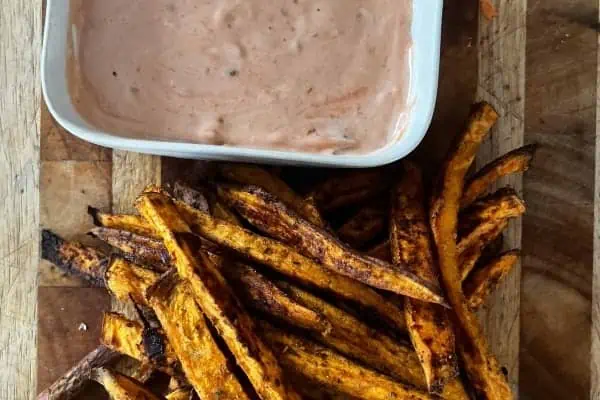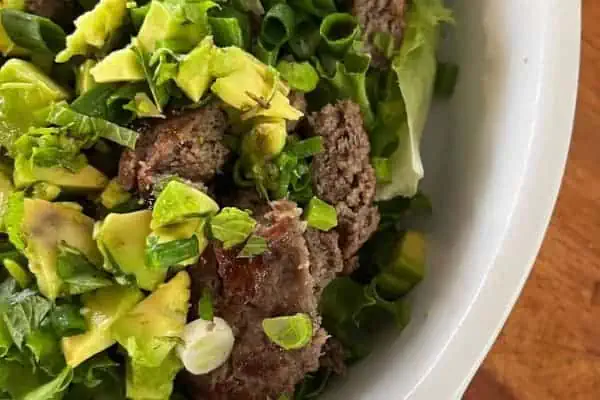I’ve always known Uncle Berwyn’s Pure Yukon Birch Syrup was the best birch syrup in Canada.
As it turns out, our homegrown syrup, produced off-grid in a homestead on the banks of the McQuesten River by Berywn Larsen and Sylvia Frisch, is actually the second-best birch syrup in the world.
So say New York birch syrup fans and a collection of Larsen’s and Frisch’s professional peers — birch syrup and sap producers from around the world who gathered last June at Paul Smiths College, in the Adirondack Mountains of New York, for the first-ever, International Birch Sap and Syrup Conference.
Cornell University Cooperative Extension put on the conference, in partnership with the Adirondack Center for Working Landscapes.
Cornell runs the Uihlein Forest and Maple Research Center in Lake Placid, where, near the end of the maple season, researchers have started to tap about 700 birch trees for sap and syrup.
The idea behind the conference was to bring birch researchers together with producers who have practical, hands-on experience of birch sap and syrup production in an exchange of knowledge, best practices, and problem solving.
Some of the topics they discussed were the challenges in bottling birch sap without getting off- flavours or sediment fall-out, and devising a classification system for birch syrup.
But the high-stakes part of the conference was the tasting competition, held on the first night. The producers set up their bottles in the Paul Smiths College Visitor Interpretive Centre, and both producers and public rated the syrups on a points system.
Most producers had elaborate displays and discussed their syrups in language usually reserved for wine and beer, but Larsen, who says, “I didn’t give a lick about the competition,” was so happy to be there he simply opened a bottle of his pure birch syrup, left it on his empty table, and roamed the room, tasting, drinking beer, and talking to anyone and everyone about birch syrup.
He didn’t even vote for his own product.
Here’s the lovely part of the story: the people who won fi rst place, by one vote, were Berwyn’s Alaskan mentors, from whom he learned how to set up an operation back in 2004: Michael East and Dulce Ben-East of Kahiltna Birchworks. “So it might have been a bit awkward if I had voted for myself,” says Larsen.
At the beginning of the conference some producers were tightlipped, but by the end “everyone was friends and sharing freely,” says Larsen.
They all agreed that future conferences should take place once every two years. The next one may be in Alaska, home to the greatest concentration of birch syrup producers in North America. Should that happen, I foresee troops of Yukon birch syrup fans making the trek, just as we do for the Haines beer festival.
Now, on to birch beer.
Every year at the end of the season, when the sap veers away from sweetness towards bitterness, the last thing Larsen and Frisch do is process sap for Yukon Brewing’s birch beer.
They cook it until the sugar content reaches 26 per cent, decant it into two 200-litre barrels and drive all night to arrive at Yukon Brewing in Whitehorse first thing in the morning.
The reason for the hurry is that the sap is not stable at that level of sugar content, and deteriorates quickly.
The rush is worth it. Though Yukon Brewing gets a slightly different flavour from the sap every year, the brew is always delicious.
This year’s version, Up the Creek, is no exception – deep amber in colour, with a texture and mouth-feel similar to champagne and a slightly bitter finish, it’s the best birch beer I’ve ever had. Probably the best in Canada. Maybe even in the world.
This year, I’ve started cooking with it. Though not top of mind as a summer meal, birch beer Welsh rarebit makes an excellent camp- fire supper, with some radishes and sourdough bread for dipping, and served with Up the Creek, chilled in the river.




